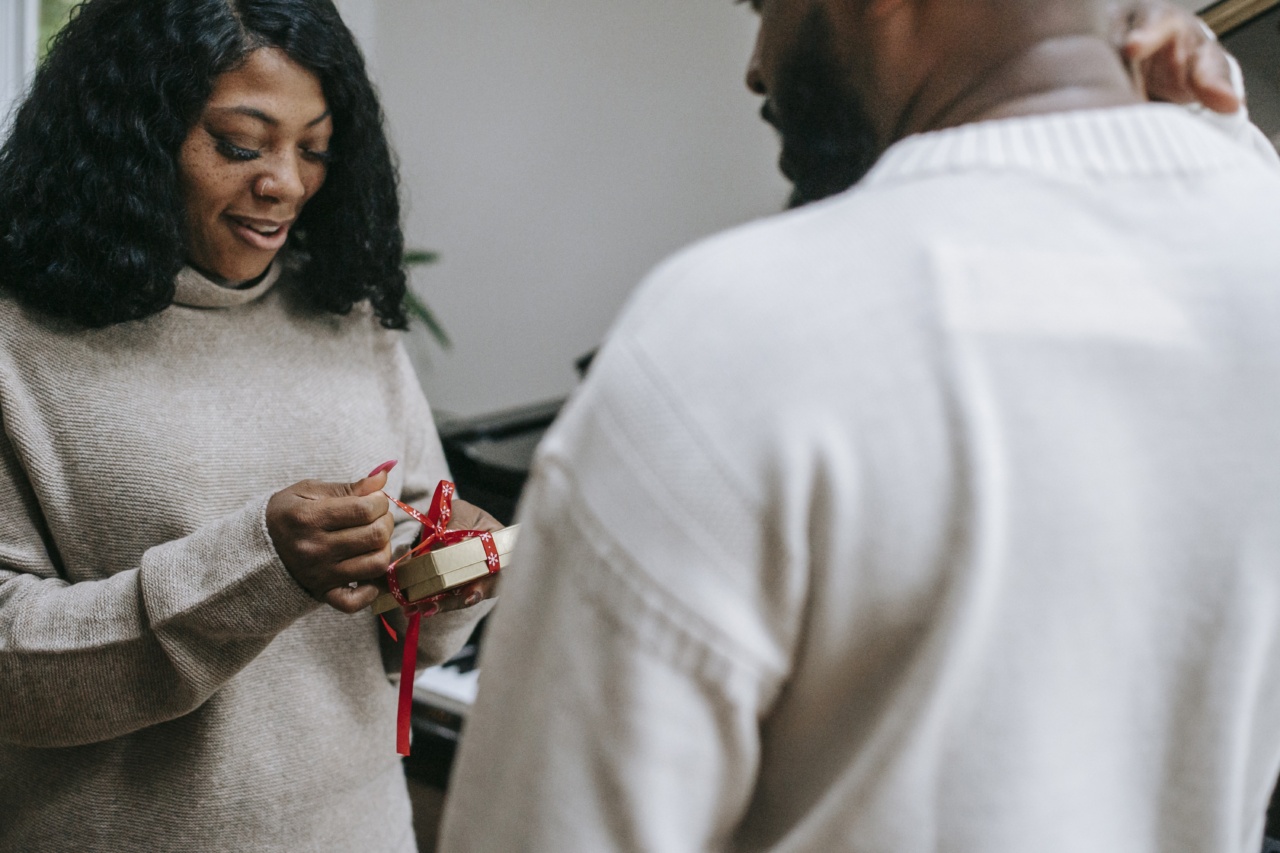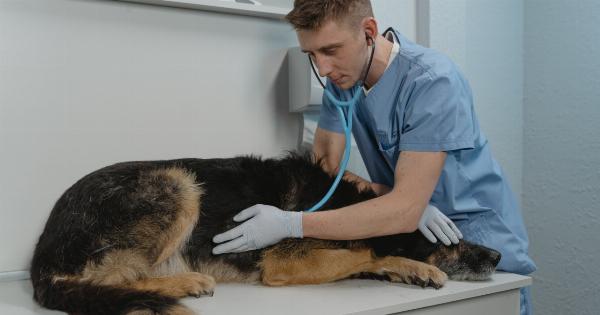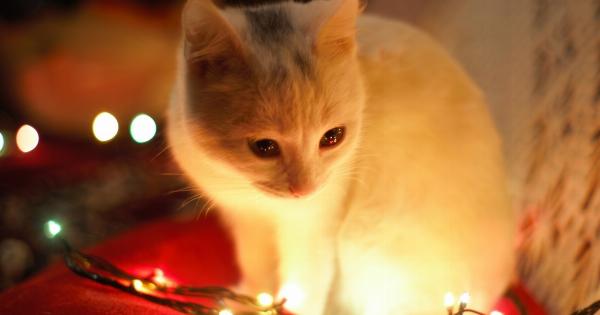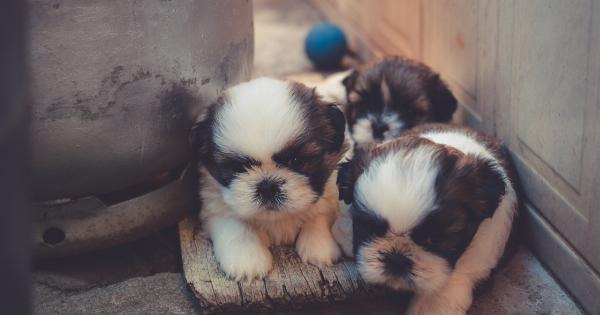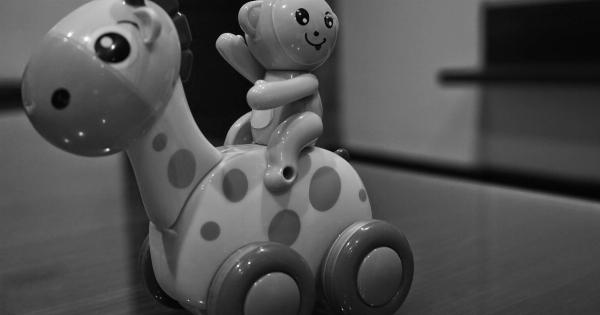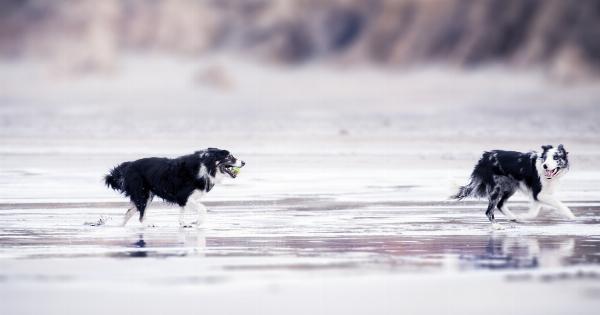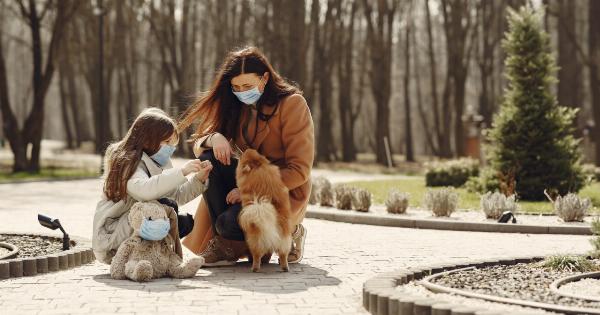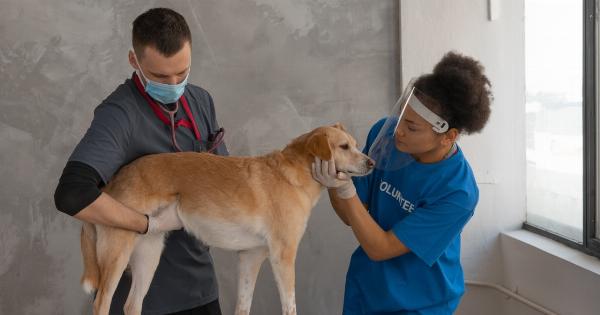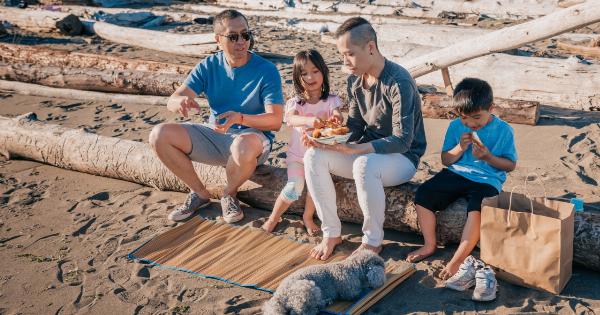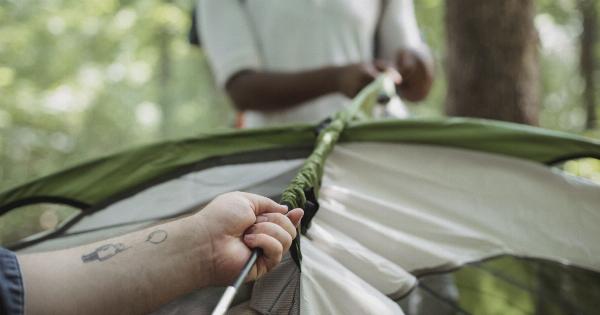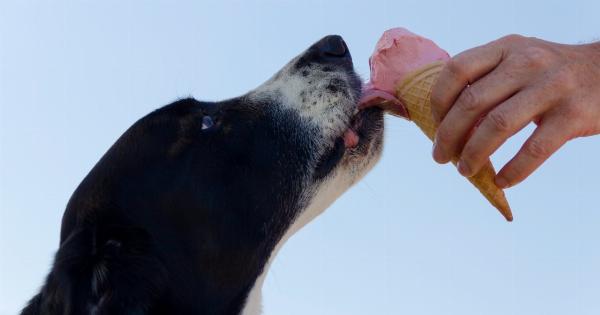The holiday season is a time filled with joy, festivities, and indulgence. We love showering our loved ones, including our furry family members, with gifts and treats during this time of year.
While the holiday season is indeed a fun-filled period, it can also be quite overwhelming for our beloved pets. From changes in their diet to exposure to potentially harmful substances, our furry friends may need some extra care and attention after the holidays.
1. Tummy Troubles and Dietary Changes
During the holidays, it’s common for our pets to be exposed to foods that may not be a part of their regular diet. While sharing our food with them may seem like a gesture of love, certain human foods can be toxic to dogs.
Chocolate, onions, garlic, alcohol, and certain spices are just a few examples of foods that can be harmful to our furry friends. Even if your pooch managed to resist the temptation, the stress and excitement of the holiday season can still wreak havoc on their digestive system.
Scheduling a post-holiday check-up with your veterinarian can help address any potential tummy troubles and ensure your pet’s diet is back on track.
2. Holiday Hazards and Poisonous Plants
Decorations and plants are an essential part of the holiday ambiance. However, certain plants commonly used during the holiday season can be toxic to dogs when ingested.
Poinsettias and mistletoe are examples of plants that can cause gastrointestinal upset and more serious health issues. Christmas tree water may also contain preservatives or chemicals that can be harmful if ingested. Additionally, ornaments, tinsel, and electrical cords pose choking hazards or the risk of electrical shock.
A post-holiday check-up can help ensure that your home is safe for your pup and address any potential exposure to holiday hazards.
3. Stress and Anxiety
The holiday season can be a stressful time for humans, and our pets are not immune to these feelings. Changes in routine, increased noise levels, and unfamiliar faces can all contribute to stress and anxiety in our furry companions.
Some dogs may experience separation anxiety or exhibit behavioral changes during this time. A post-holiday check-up can help address any anxiety-related issues your pooch may be experiencing and provide guidance on how to alleviate their stress.
Your veterinarian may recommend behavioral training, calming aids, or other solutions to help your pup feel more secure.
4. Increased Risk of Accidents
With all the hustle and bustle of the holiday season, accidents are bound to happen. From slips and falls on slippery surfaces to encounters with unfamiliar pets or guests, our furry friends may find themselves in precarious situations.
It’s essential to have your veterinarian assess your pooch for any signs of injury or trauma that may have occurred during the holiday festivities. Prompt intervention can prevent complications and ensure a speedy recovery.
5. Weight Gain and Exercise
The holiday season often means indulging in delicious meals, sweets, and treats. While it’s tempting to share these goodies with our pets, it can lead to unwanted weight gain.
Obesity in dogs can contribute to a host of health issues, including joint problems, diabetes, and heart disease. A post-holiday check-up can help evaluate your pooch’s weight and discuss proper nutrition and exercise routines to ensure they maintain a healthy weight.
Your veterinarian may also recommend a diet plan or provide tips on portion control and treat alternatives.
6. Routine Check-ups and Vaccinations
Amidst the holiday chaos, it’s easy to overlook routine veterinary check-ups and vaccinations. Regular check-ups are essential for preventive care and early detection of any underlying health issues.
Scheduling a post-holiday check-up ensures that your pooch receives their necessary vaccinations, parasite prevention, and overall wellness examinations. It’s better to be proactive and catch any potential health concerns early on rather than waiting for symptoms to arise.
7. Skin and Coat Health
The winter season, with its dry air and colder temperatures, can take a toll on your pet’s skin and coat. Furnaces and heaters can exacerbate dryness, leading to itchiness, flakiness, and discomfort.
Furthermore, the use of holiday grooming products or exposure to chemicals in holiday decorations can also impact your pup’s skin health. A post-holiday check-up can address any skin or coat issues your pooch may be experiencing and provide recommendations for appropriate moisturizing products or other remedies.
8. Dental Health and Chewing Habits
The holiday season often means an array of tempting goodies, and our pets may find themselves sneaking a taste or two. Chewing on bones or hard treats can lead to dental issues such as fractures, broken teeth, or gum injuries.
Additionally, changes in routine or stress can affect your dog’s chewing habits. Some may resort to destructive chewing as a coping mechanism. A post-holiday check-up can help evaluate your pooch’s dental health and provide advice on proper dental care and chewing alternatives.
9. Joint Health and Mobility
As our pets age, their joints may become more susceptible to discomfort and mobility issues. The holiday season often involves increased physical activity, such as walks in the snow or playing with family members.
These activities can put added strain on your pet’s joints and exacerbate any pre-existing conditions. A post-holiday check-up can help assess your dog’s joint health, provide recommendations for joint supplements or therapies, and ensure they are as comfortable and mobile as possible.
10. Overall Well-being and Happy New Year!
Lastly, a post-holiday check-up is an opportunity to ensure that your furry friend is starting the new year in the best possible health and well-being. Regular veterinary care is crucial for maintaining your pet’s happiness and quality of life.
From vaccinations and preventive care to addressing any specific concerns, your veterinarian is your partner in ensuring that your pooch receives the care they deserve.
